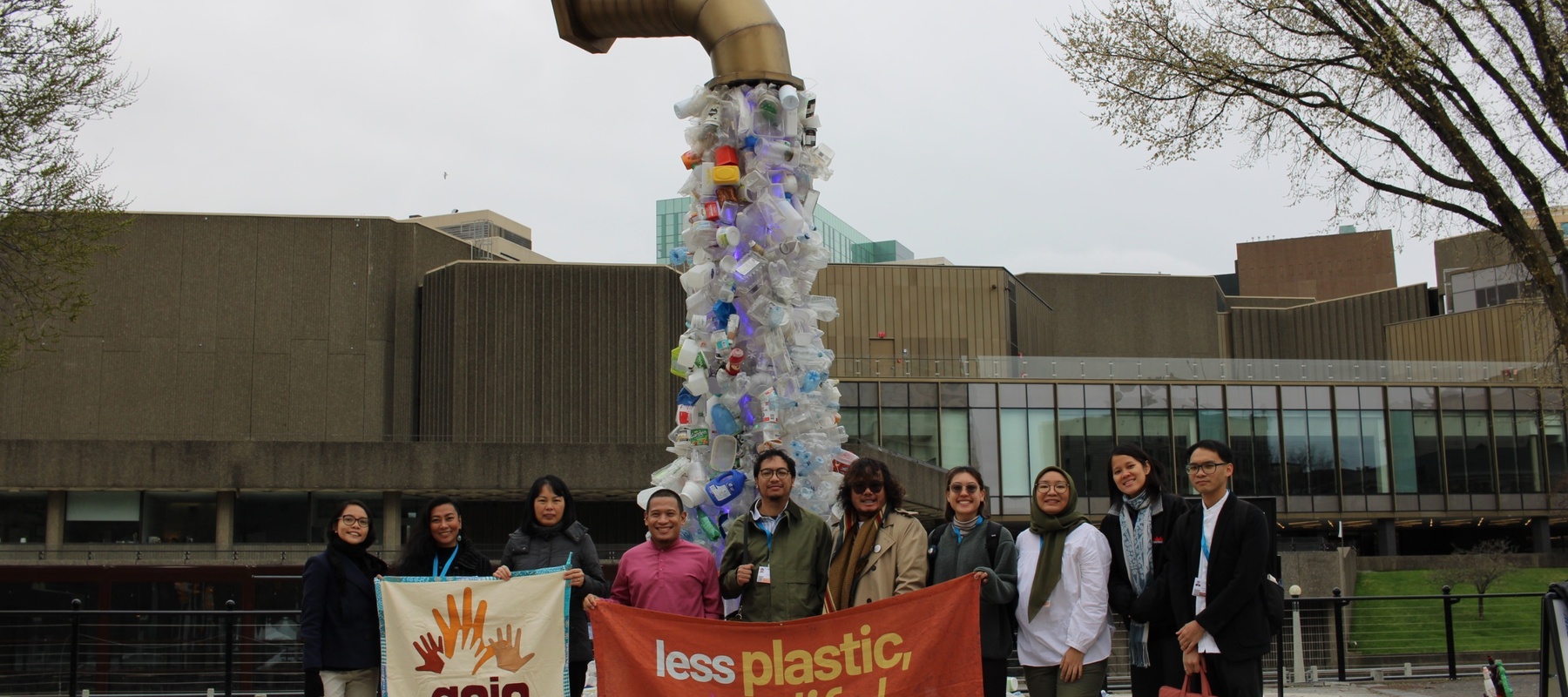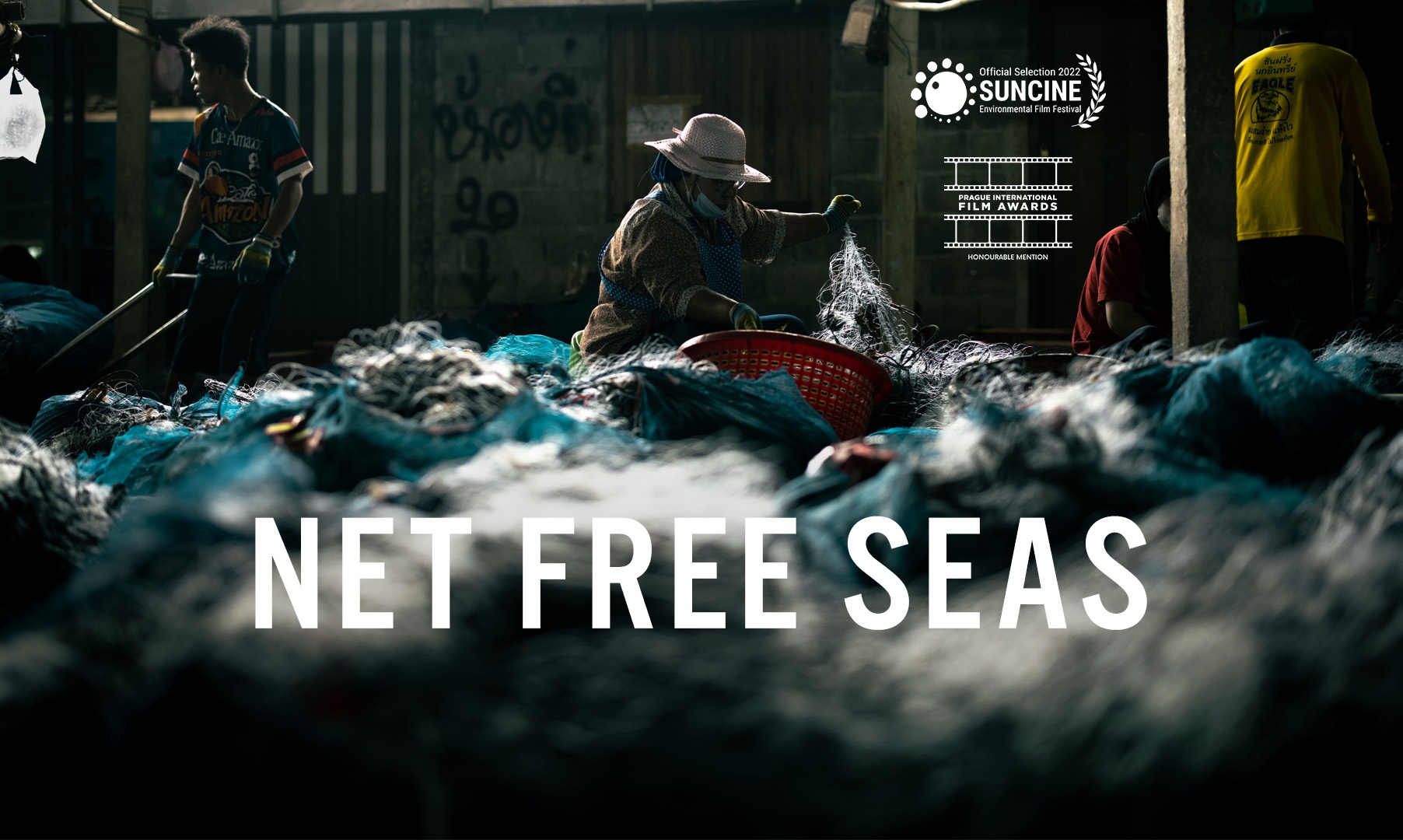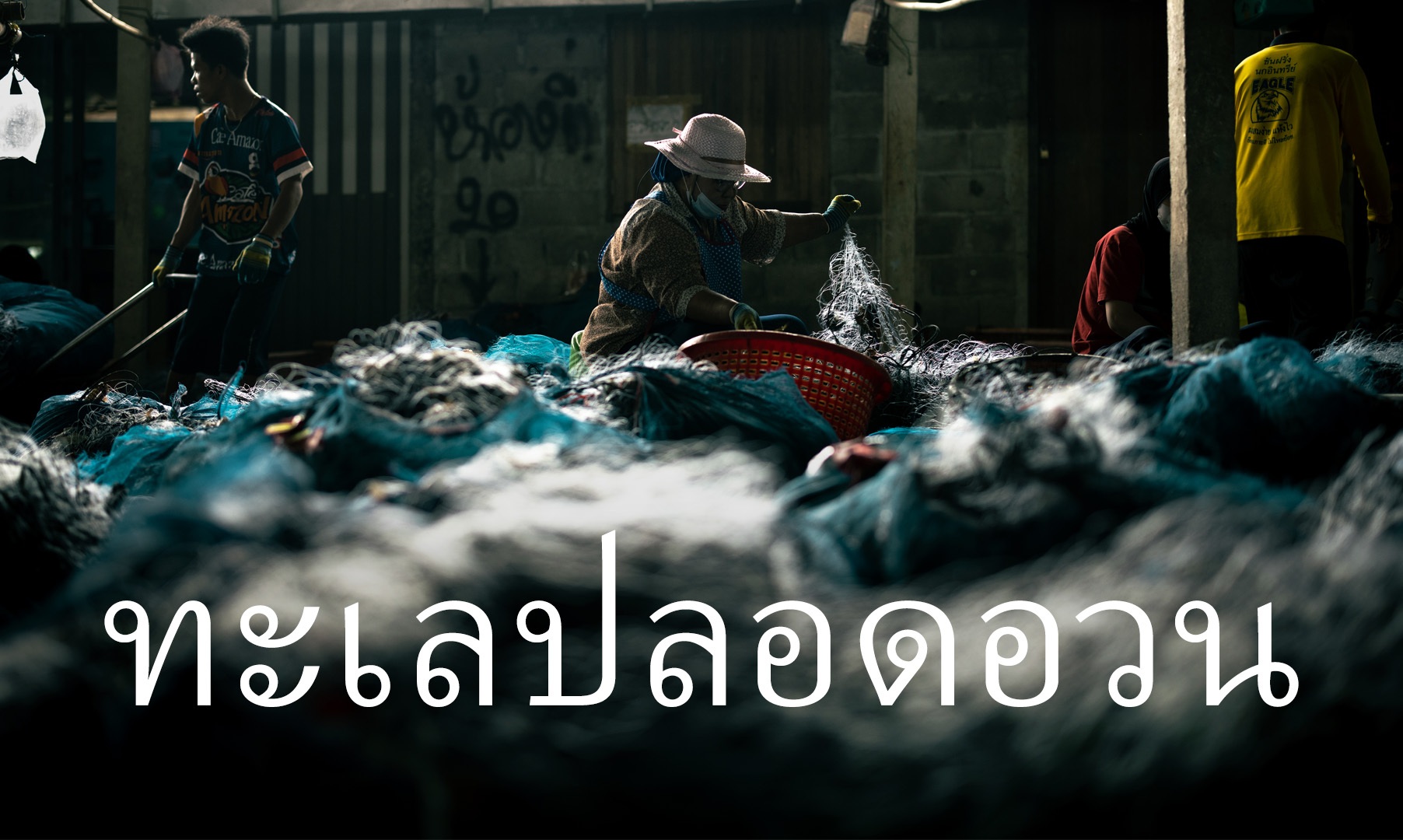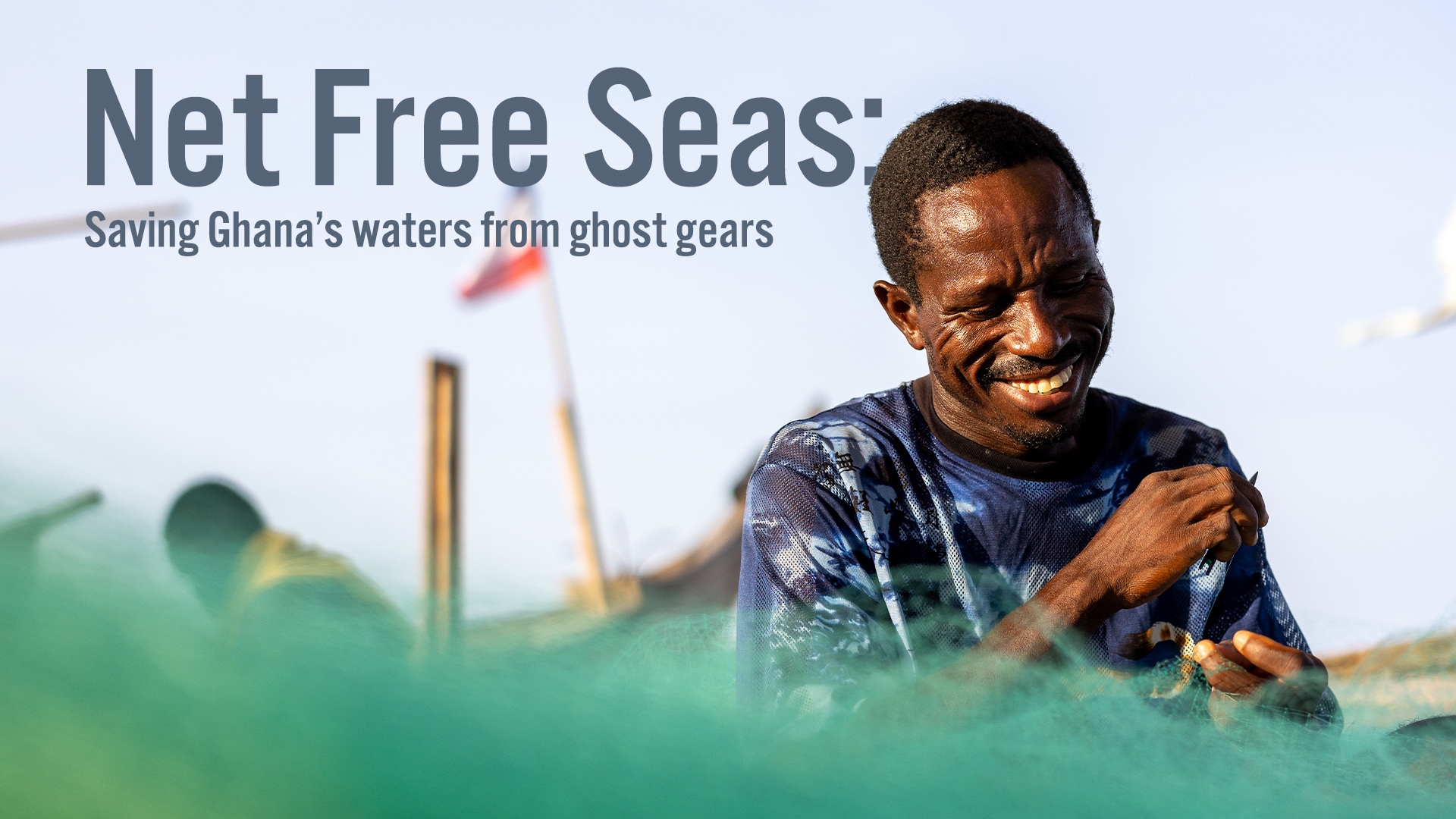The fourth round of the International Negotiation Committee meeting (INC-4) on the Global Plastic treaty ended with a draft treaty text full of brackets, uncertainties, and weak legal language. Though intersessional work on financial mechanisms, plastic product design, and chemicals of concern were mandated, what Rwanda called “the elephant in the room” - the reduction of primary plastic polymers (PPP) - was left out.
The topic of reducing PPP and determining a sustainable production level has encountered significant opposition from petrochemical-reliant countries such as Russia and the Gulf states. This opposition itself contrasts with the consensus reached in the UN Environmental Assembly (UNEA) Resolution 5/14, the original source of the treaty, which emphasised the critical importance of reducing plastic production in combating plastic pollution. This opposition being tolerated at this stage of the negotiations, especially when it directly contradicts the mandate of the treaty, was both disheartening and disrespectful.
We can only end plastic pollution by reducing the amount of plastic we produce to sustainable levels.
Rwanda’s INC delegation
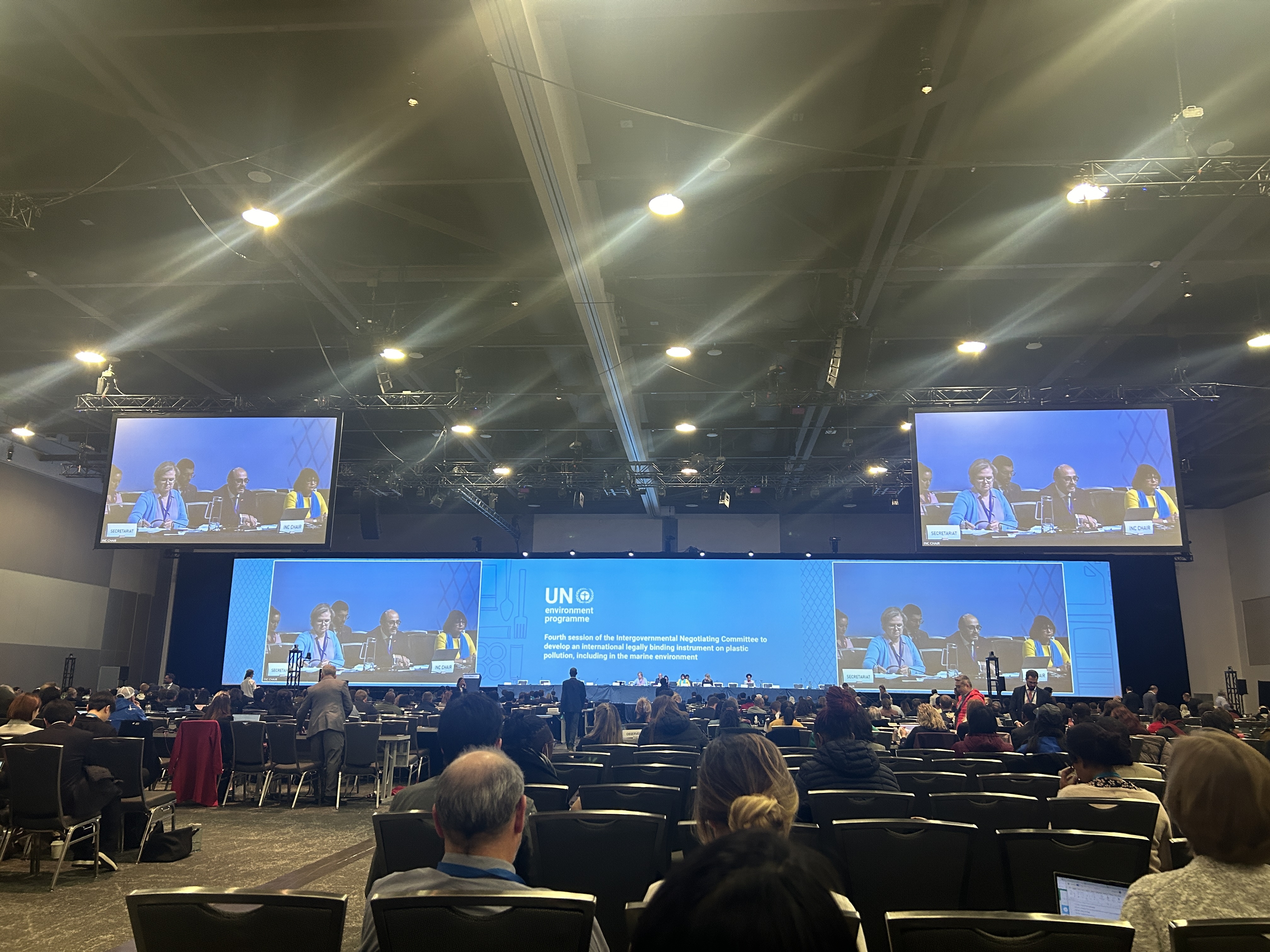
More than 50 member states publicly supported the Peru-Rwanda proposal calling for intersessional work on PPP. However, the support for the proposal shifted in the spirit of compromise on the last day of the negotiations, as fears rose of a repeat of the INC-3 talks, where no progress was made as a result of requiring consensus on every agreement. Tellingly, 196 petrochemical lobbyists also attended the negotiations. 16 lobbyists were part of the official delegations from nine countries, giving them access to member-state-only sessions and the power to extensively influence the negotiations.
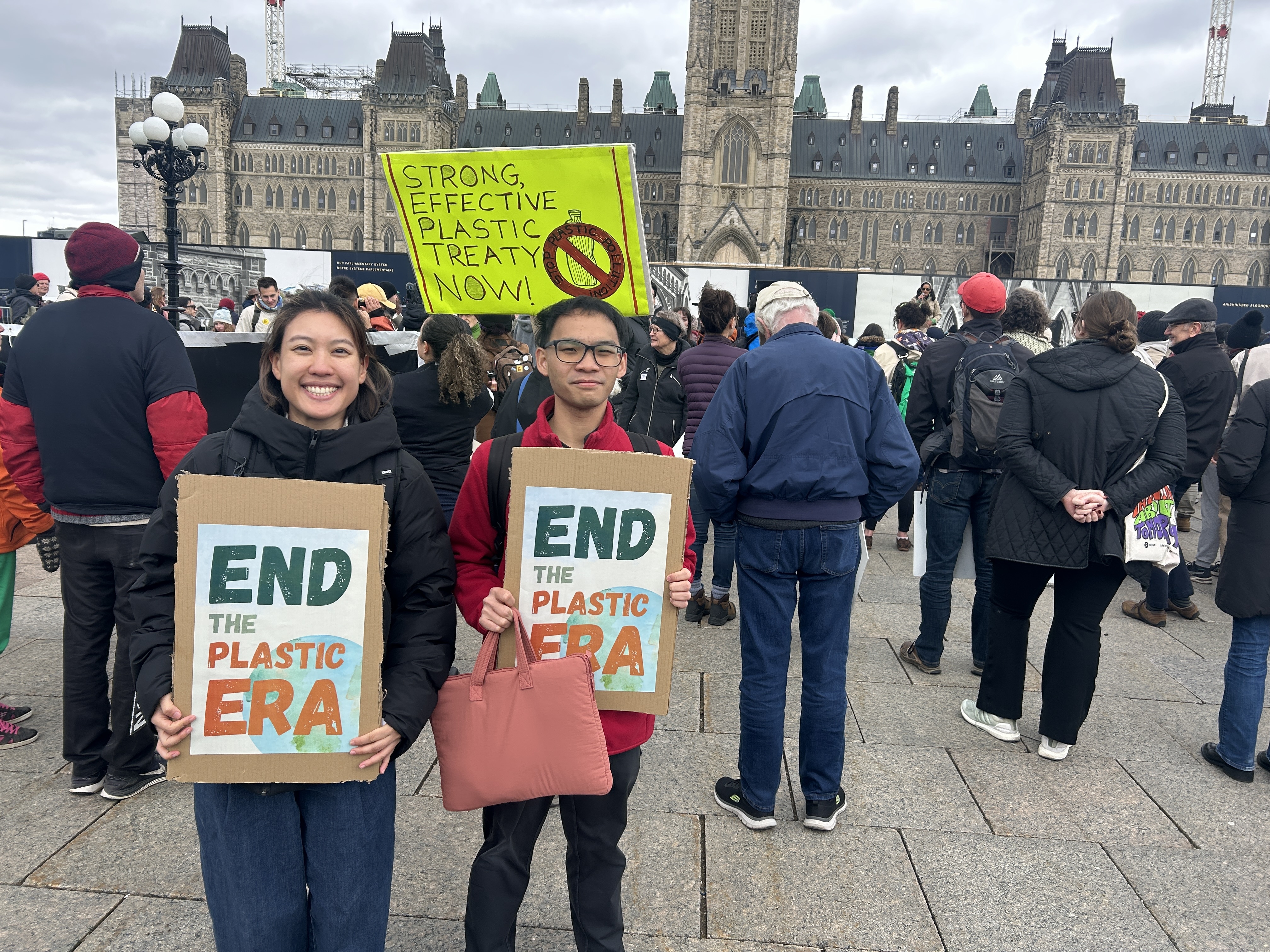
Plastic pollution poses a dire threat to our natural environment and the wildlife in it, just as it does to human health and livelihoods, particularly for those on the frontlines of environmental change. Despite this, negotiators compromised with polluters over the well-being of our environmental security and those affected. How can we expect a robust and ambitious instrument when the voices of polluters are given greater importance than the victims of plastic pollution?
Salisa Traipipitsiriwat, EJF’s Senior Campaigner/SEA Plastics Project Manager
Though this does not mean PPP is off the table for good, failing to agree intersessional work on it is a significant failure. It would have been important because it would have allowed member states - whether they agreed with the provision or not - to involve technical experts and stakeholders in discussing PPP in more specific detail. The topics discussed could have ranged from baseline and sustainable production levels and consumption of primary plastic polymers to information on imports and exports.
Without the intersessional work, the provision on PPP reduction, which is the most important provision to address plastic pollution and the climate crisis, could end up being sidelined in the last round of negotiations (INC-5), held 25 November - 1 December 2024 in Busan, Republic of Korea, due to a lack of evidence and strong resistance from petrochemical countries.
Although INC-5 is the final opportunity to reach agreement on this vital treaty, PPP is not the only vital decision which has not been taken. A small handful of countries continue to prevent the adoption of the draft rules of procedure, which suggest a voting mechanism when consensus cannot be reached on substantive matters to develop the treaty. With differing views, the current draft put a condition on voting (rule 38, paragraph 1), stating that "in the event that rule 38, paragraph 1, is invoked before the rules are formally adopted, members will recall this lack of agreement."
Decision-making through consensus is equivalent to giving veto power to any state. If this state of affairs persists, consensus will be used by bad faith member states to block agreements on certain provisions - for instance, PPP. We have seen cases in other international agreements where the majority of member states agree on an action that would help the environment. Still, one powerful opposing state was able to stand in the way of progress. Voting mechanisms prevent this kind of tactic and ensure that small and developing states retain independence and power in the final decision-making process. A one-state-one-vote approach will be far more effective than allowing veto power, which will be monopolised by powerful states with geopolitical bargaining chips.
Punyathorn Jeungsmarn, EJF’s Plastics Researcher

Valuable insights from established multilateral agreements like Minamata (covering the control of Mercury), Basel (covering the control of transboundary movements of hazardous wastes and their disposals) and Rotterdam (covering the control of hazardous chemicals) show the critical role of a voting mechanism in driving future progress and essential actions both during the INC and Conference of the Parties (COP). When member states can't vote to solve issues in INC, it often means that decisions end up being influenced by those who are least motivated to end plastic pollution.
Another contentious point revolves around the financial mechanisms for putting the treaty into practice. Achieving an ambitious reduction target for plastic pollution is just the first step; the successful implementation of the treaty hinges on establishing a sustainable financial mechanism for member states to effectively roll it out in reality. Unlike climate change and biodiversity, work to address plastic pollution lacks a dedicated fund, despite it being recognized as one of the three planetary crises. Many civil society groups and developing nations have advocated for a dedicated multilateral fund to facilitate the implementation of the plastic treaty. However, during the negotiations, there were attempts to dilute or restrict the language concerning the formation of such funding mechanisms.
Amidst the turmoil, there was hopeful progress on the provision of fishing gear, which is the only form of marine plastic deployed directly in the environment. As it is currently designed, fishing gear made from multiple plastic types and additives is difficult to manage at end-of-life. The nature of fishing also means that fishing gear is commonly lost during use. Countries such as those in the European Union, the Alliance of Small Islands Developing States, the United Kingdom, Norway, Panama, Thailand and others have shown support for considering the full life-cycle of fishing gear instead of putting it only under the waste management provision, where it was originally placed in the Revised Zero Draft. However, a new placement will have to be decided at INC-5. Fishing gear requires solutions from up to down the stream. The provision being considered by member states under upstream provisions, taking into account the full life-cycle aspects, is a hopeful momentum. Finally, member states should opt for strong, legally-binding language to end plastic pollution and biodiversity damage caused by fishing gear.
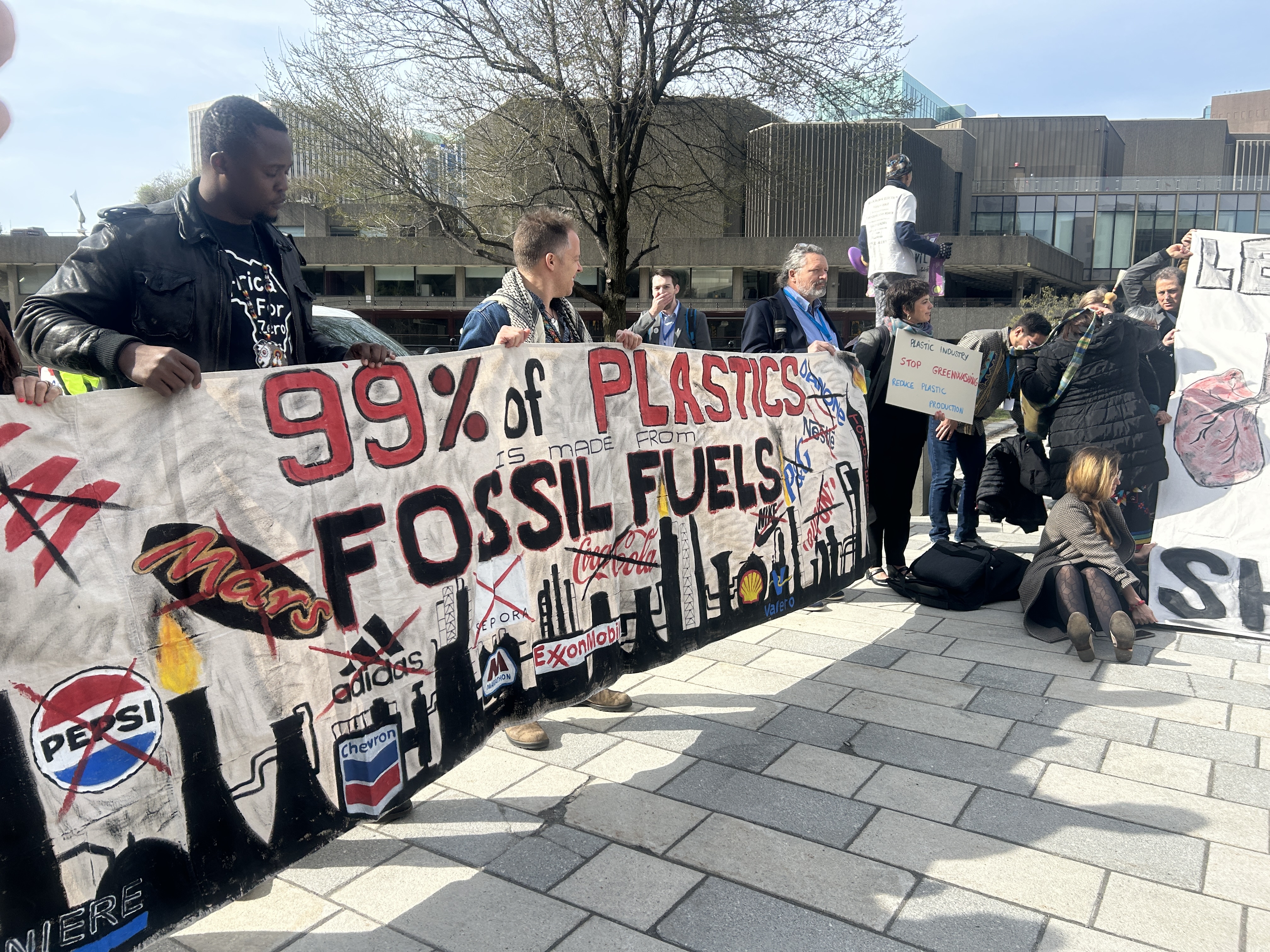
What should be achieved at INC-5?
Going into INC-5, it is essential that short-sighted political and business interests are given far less influence, and the voices of those on the frontlines of the plastic crisis are finally heard clearly at the talks. To achieve a strong and ambitious instrument, EJF urges member states to:
1) Keep political and business interests out of the negotiations and put the health of people and the planet first;
2) Ensure that the treaty sets strong legally binding mandates and targets to reduce pollution throughout the life cycle of plastics including fishing gear, and that primary plastic polymer production is set to be reduced;
3) Secure the provision of financial mechanisms that is sustainable, fair and that will put the treaty into real action;
4) Agree on a voting mechanism to ensure that work will be advanced even if negotiations cannot reach a consensus.
SIGN UP FOR OUR EMAILS AND STAY UP TO DATE WITH EJF
